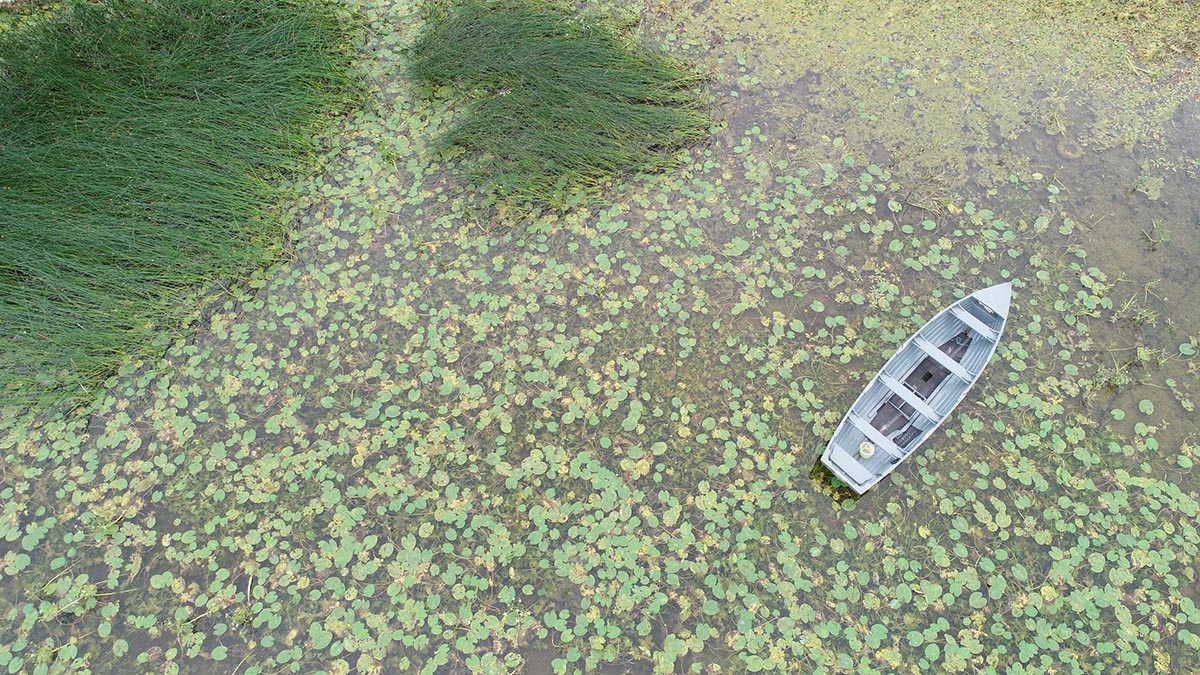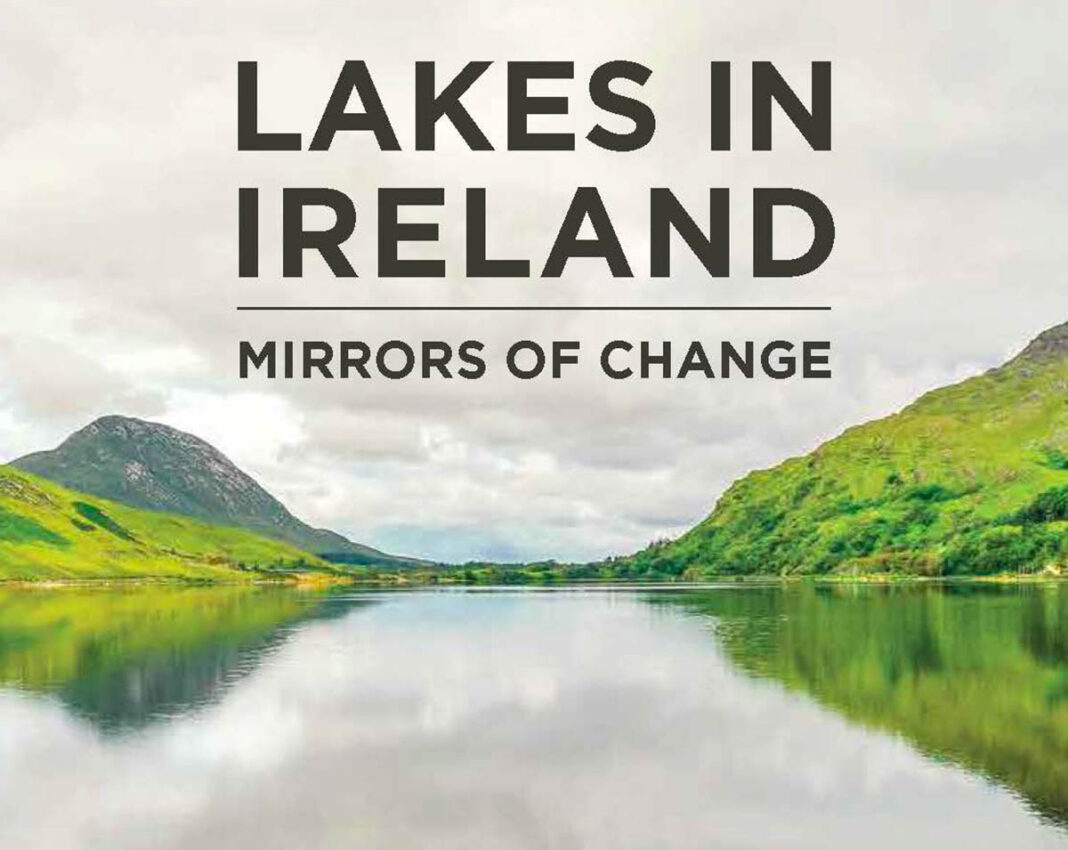‘Lakes in Ireland: Mirrors of Change’, a publication co-authored by a Mary Immaculate College Geography lecturer and freely available to the public, brings together leading experts to present an in-depth exploration of Ireland’s lakes in terms of their history, geography, science and the growing threats they face.
The island of Ireland is home to an extraordinary number of lakes, which serve as both important ecosystems and significant cultural landmarks, and this new open access book delves into the origins, biodiversity, and environmental challenges facing these bodies of water.
Dr Catherine Dalton, Department of Geography at MIC, said that she and her fellow authors were excited to launch the free digital book this week at the Museum Building in Trinity College Dublin, Lakes in Ireland – Mirrors of Change which features 22 chapters by 52 contributors and is “peer-reviewed, independently published, open access and globally accessible”.
Dr Elvira de Eyto of the Marine Institute noted that “the book contains contributions from a diverse set of authors, including many of the people who are actively carrying out aquatic research and monitoring in Ireland” while Prof. Eleanor Jennings of Dundalk Institute of Technology added: “Generous sponsorship from various state agencies has made this this open access project possible and ensured that cutting-age science on Ireland’s lakes is now freely available to all.”
This comprehensive volume covers the geological forces that shaped Ireland’s lakes, including the movement of glaciers and the island’s temperate, Atlantic-influenced climate. As outlined in the book’s chapters, these lakes have supported human settlement and cultural development for millennia. They continue to play a central role in recreation, amenity, and community activism today.
However, the authors caution that not all is well. While Ireland has been spared the severe droughts and floods afflicting lakes elsewhere in Europe, issues like nutrient over-enrichment, or eutrophication, pose significant threats. Algal blooms, such as the 2023 crisis on Lough Neagh, highlight the dangers of pollution and the urgent need for action. This situation is explored in detail in chapters on the health of lake ecosystems and the specific challenges facing rare lake types such as turloughs and coastal lagoons.
The book also addresses broader environmental concerns, including climate change, invasive species, and hydrological alterations. Lakes in Ireland are warming due to human-induced climate change, and the implications for biodiversity are severe. The experts state that without a concerted effort to mitigate these pressures, the health of lake ecosystems will continue to deteriorate.
It also emphasises the need for an all-island coordinated, multi-agency approach to lake management. The authors advocate for better regulation, inter-departmental collaboration, and more robust community involvement in the stewardship of these vital water bodies. It also highlights the pressing need for research to address knowledge gaps and inform future policies that protect Irish lakes.
This digital book has been made possible through the collaborative efforts of leading researchers, environmentalists, and government agencies dedicated to protecting Ireland’s natural heritage and is freely available on the Marine Institute’s Open Access Repository here: Lakes in Ireland – Mirrors of Change. A limited number of print copies are available also.

The three researchers concluded: “Our hope is that this open access will foster accessibility and encourage environmental education and advocacy. By equipping communities and policymakers alike with knowledge, the authors hope to inspire action that will safeguard Ireland’s lakes for future generations.
A big thank you to our sponsors who made this open access publication possible: the National Parks and Wildlife Service (NPWS) of the Department of Housing, Local Government and Heritage; the Marine Institute; the Environment Protection Agency (EPA); Mary Immaculate College/University of Limerick; the Geological Survey; Agri-Food and Biosciences Institute (AFBI); the Local Authority Waters Programme (LAWPRO); the Loughs Agency; An Fóram Uisce; National Federation of Group Water Schemes; Coillte and the Irish Freshwater Sciences Association.”
